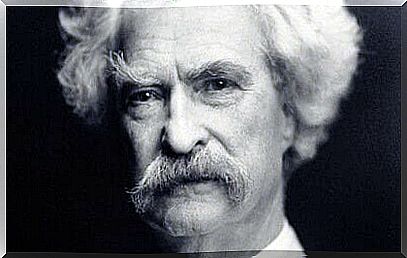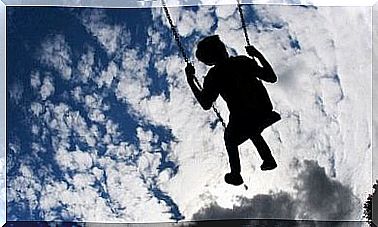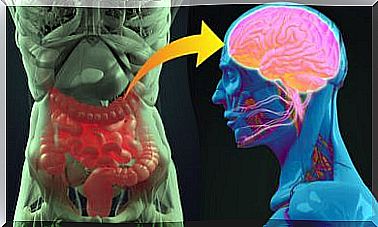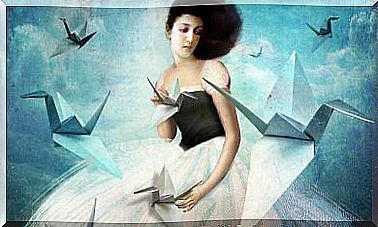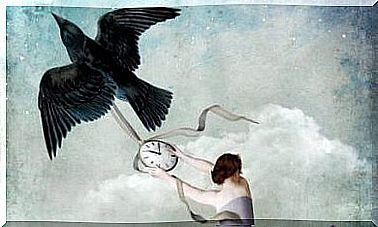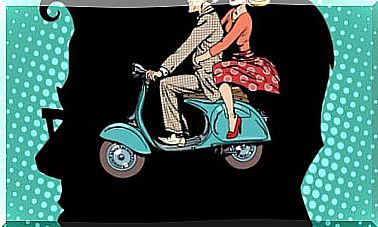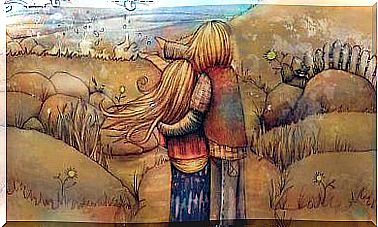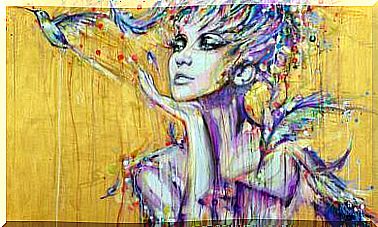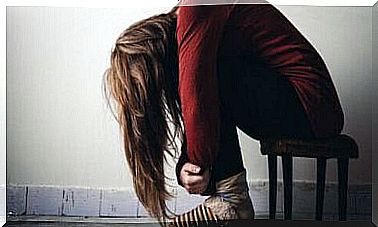Mario Capecchi, From Street Child To Nobel Prize Winner
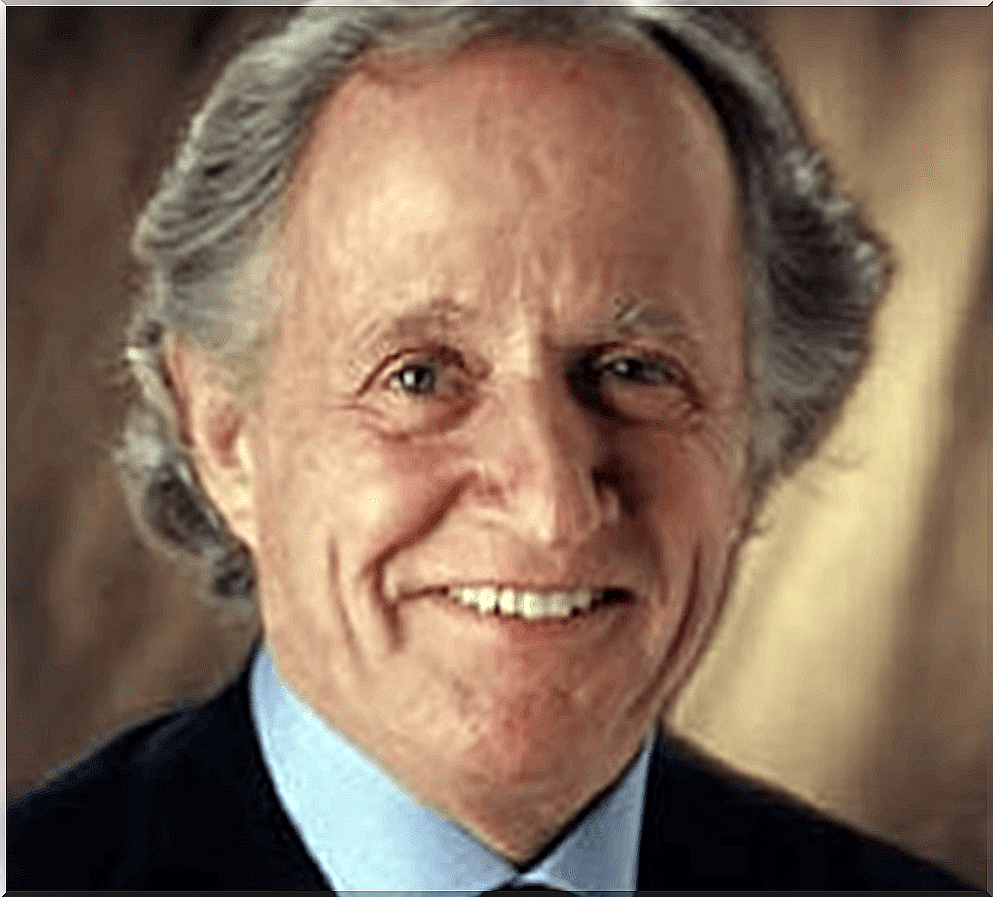
The Life of Mario Capecchi is one of those stories that gets you to consult various sources to see if it’s actually true or not. The most astonishing thing about this life course is that chance plays a capricious role sometimes in his favor and at other times against him.
Mario Capecchi was born in Verona, Italy on October 6, 1937. He was, apparently, doomed to be a happy child. Everything destined him for a bright future. His father, Luciano Capecchi, was a successful aviator. His mother, Lucy Ramberg, was of American descent and came from a family of artists with comfortable resources.
His father traveled all over the world and that’s how he met his mother Lucy. The two fell madly in love and she decided to follow him to Italy and start a new life by his side. She formed a group of artists in Europe called “Les Bohémiens” and also taught poetry at the Sorbonne. The future seemed to promise them nothing but happiness.

The rise of fascism
However, the Capecchi did not expect fascism to spill over into Italy and war drums to become a daily pounding. Lucy, the mother of Mario Cepecci, has launched a more or less clandestine campaign against fascism. She even founded a newspaper and strongly opposed Mussolini’s “race laws”.
War broke out and Mario Capecchi’s father was called up for service. He had to leave for Africa to join an anti-aircraft artillery unit.
He knew that at any time his wife could get into trouble with the authorities. Fearing the worst, he gave money to peasants in Bolzano before leaving to look after the child if his wife was arrested. They accepted.
As expected, Lucy Ramberg was arrested by the Gestapo in 1941. They sent her to Dachau concentration camp. Little Mario was only 3 years old at the time. The peasants therefore took care of him.
At that point, there are divergent versions. According to some, the boy was mistreated and he decided to flee. Others claim that when the money started to run out, and they would have decided to give it up. In any case, whatever the case, Mario Capecchi ended up in the street, when he was only 4 years old.
Mario Capecchi, a genius in the street
Mario Capecchi has no clear memories of what happened at the time. All he knows is that suddenly he found himself alone and helpless, in the middle of the street. He started wandering along the road and found other groups of children who were in a similar situation. Without adults to watch over them, they had to survive on the streets.
These gangs of children would steal food and sleep in the streets or wherever they took refuge. They lived from day to day without worrying about the future. They had to face adversity using their instinct for survival.
Mario Capecchi therefore lived like a vagabond for 5 years. At the age of 8, he suddenly fell ill. He has no idea what happened. He probably passed out on the street and a Good Samaritan found him and decided to help him. Somehow he went to the hospital. He had typhus and began to undergo medical treatment.
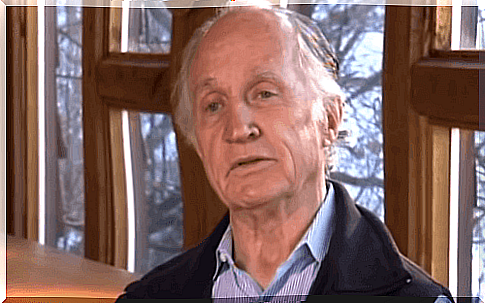
Labyrinths of fate
On several occasions, institutions have taken in Mario Capecchi. However, he used to escape. But when the war finally ended, he didn’t have the strength to escape the hospital. Indeed, his illness did not allow him to move.
One day a woman approached her bed. He barely recognized her. It was his mother. She had indeed survived the concentration camp and had been looking for him for 18 months. It was a miracle she found it.
She had changed a lot, both physically and mentally, but the reunion was happy. They both left for the United States and started a new life there. Capecchi later decided to study medicine. He was a brilliant student.
Then, in the early 1980s, against the opinion of many researchers at the National Institute of Health, he started an experiment on mice. He took a gene from their DNA and exchanged it for another.
Finally, in 2007, he was awarded the Nobel Prize in Medicine along with Martin Evans and Oliver Smithies. A woman named Marlene Bonelli, who lived in Austria, then recognized his last name when he received the Nobel Prize. Mario Capecchi had no idea, but she was his half-sister, daughter of his mother. She sought to get in touch with him and a year later the reunion took place. Once again, luck worked in his favor.
